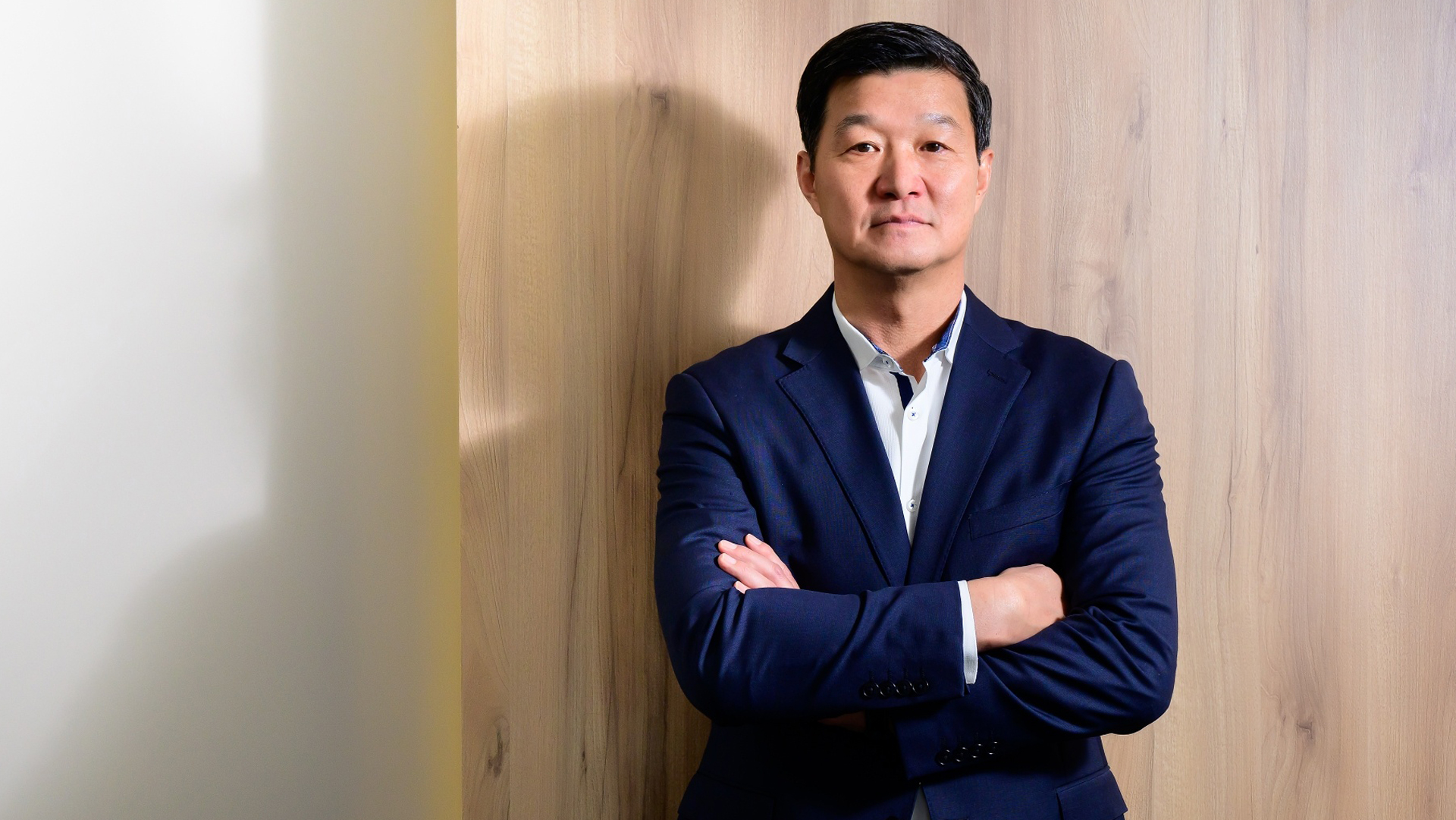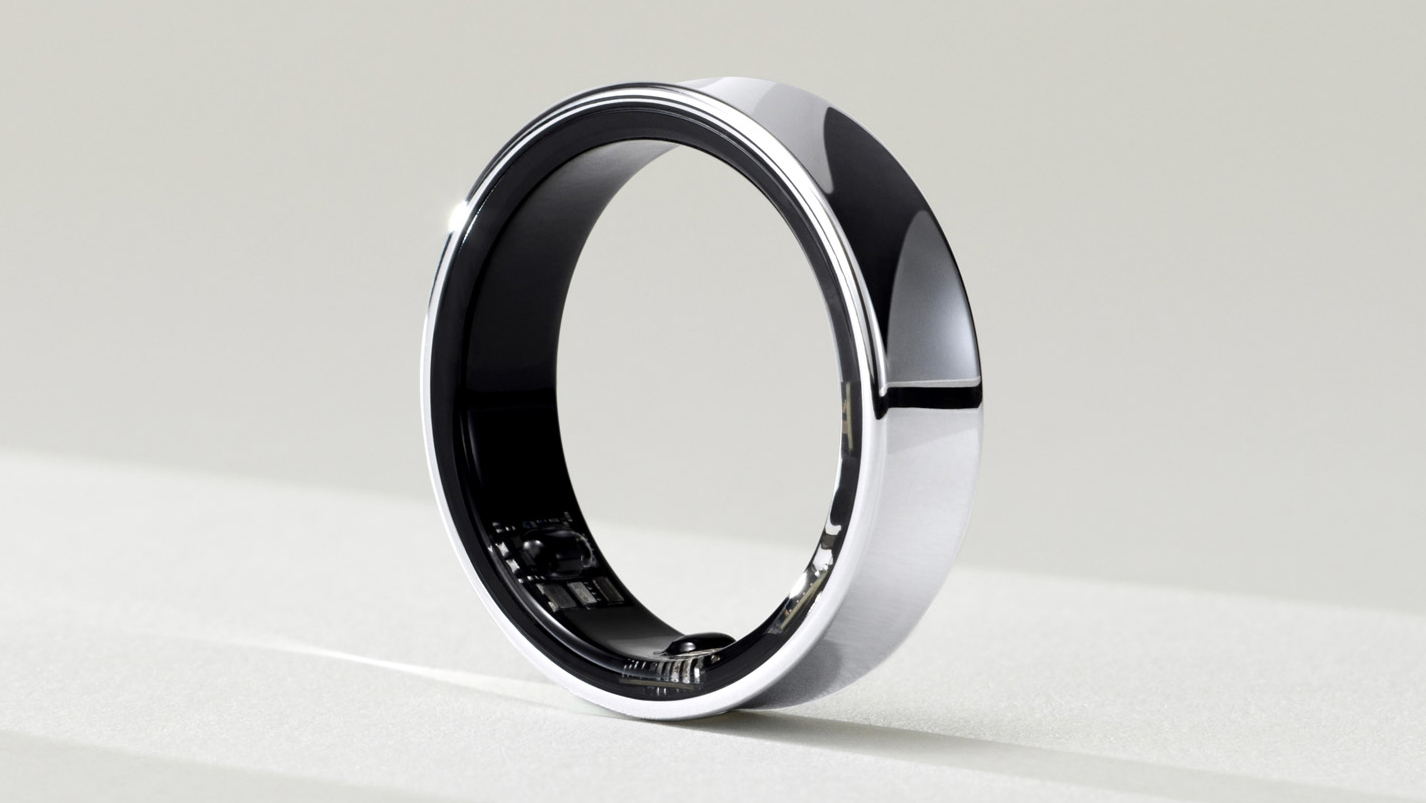As Samsung’s first Galaxy Ring and Galaxy Watch Ultra launched in Paris at Galaxy Unpacked, Samsung’s health plans are coming into sharp focus. They are best described as ambitious and based on the realities of our changing global demographics, the limits of what people will use, and the current state of AI.
Overseeing a heady mix of new health measures, conversational AI, and a pair of new wearables about to be tested in a market brimming with alternatives is Dr. Hon Pak, Vice President and Head of Digital Health Team, MX Business at Samsung Electronics, a dermatologist, and the man leading Samsung’s Health Team.
He recognizes that perhaps the biggest challenge is guiding us on our healthcare journey.
“Everyone knows what they’re supposed to do and then we find it kind of difficult. So, our aim with our products and software is really to simplify healthcare to the extent that is possible,” said Pak during a roundtable discussion in Paris.

“Simplicity” is a theme Pak returned to repeatedly. It might seem at cross purposes with watches that now can not only measure your heart rate, sleep, activity level, heart rate variability during sleep, blood oxygenation, and a host of other metrics but now are offering, among other things, sleep apnea detection a new Energy Score.
Pak didn’t necessarily disagree with the notion that perhaps it’s all becoming a bit too much for consumers who may be less interested in scores than they are in outcomes.
“We’ve gotten that feedback already in the original test of what we wanted to place. So, we’re modifying it to make them more understandable. I think the bigger thing you’re bringing up is, have we now brought too many scores, too many insights, are we confusing people? And how do we simplify this because that’s our journey anyway.”
Pak told me that this journey would eventually include an offramp to a simpler place.
“One of the things that we are actively planning is, ‘Can we create a goal-based user experience in which when a person on boards to Samsung Health, regardless of what devices they have, they say, ‘This is my goal, this is what I care about.’? Based on priorities and preferences, we begin to focus on what matters to you.”
I think the bigger thing you’re bringing up is, have we now brought too many scores, too many insights, are we confusing people?
Of course, that is part of some indeterminate future. In the meantime, Samsung will be training its new Galaxy Ring and Galaxy Watch Ultra (and Galaxy Watch 7) customers on a host of new features, measurements, scores, and AI-powered interactions that have a larger purpose.
The world is changing, aging, really. There are millions of people entering advanced or old age just as the cost of healthcare is skyrocketing, and there’s a distinct lack of healthcare workers. Dr. Pak told us the care theater is shifting from hospitals and care centers to the home. The tools and insights produced by Samsung Health are designed to help “understand who we are, where we are in terms of different health parameters that help us then change the right behaviors to the extent that we can prevent some of these diseases from coming so that we can thrive as we get older,” said Pak.
While Samsung Health spans devices and is comprised of innumerable features, some core new ones could change how you perceive your wellness.

Perhaps the most interesting one is the least quantifiable. It’s a new Energy Score. And before you start imaging comparing your energy score to a friend’s score, know that there is no “gold standard’ for it.
Developed by the University of Georgia, Energy Score starts by using the Galaxy Watch 7, Galaxy Watch Ultra, and/or Galaxy Ring’s sensors to read the quality of your heart rate, sleep, sleeping heart rate rating, and sleeping heart rate variability. When you wake up in the morning, Samsung Health presents you with a score that appears to indicate your readiness for the day.
However, Samsung raises the ante here by introducing its first health-based LLM, a conversational AI that can look at the score and then offer suggestions on what you can do to improve the health rating. It does not, for now, use other data collected on your phone or watch. “Work is devoted to sensors for now,” said Dr. Pak. “You have to tread lightly because of privacy sensitivity.”
Even so, it’s a big moment for Samsung’s AI ramp-up and efforts to use various AI and generative touch points to build a big picture of you, not to enrich the data collection efforts of third parties but to help you.
“The Energy Score is our first movement toward leveraging AI to create a more holistic insight across the four pillars of health,” said Pak.
Even though your Energy Score, which may have other factors related to it like age, is not directly comparable to anyone else’s, Dr. Pak agreed that some normalization and maybe even a mean, based on collected data, to build some sort of average Energy Score, could show up somewhere down the line.
One of the things that we are actively planning is, ‘Can we create a goal-based user experience in which when a person on boards to Samsung Health, regardless of what devices they have
Dr Pak, and perhaps Samsung, seem open to change and adjustment, assuming they have enough data, an understanding of how people are using these systems, and can keep user’s privacy intact. Simplicity and a frictionless experience are important.
When we talked about the hoops you must jump through to, say, take an ECG or Spo2 reading (holding perfectly still and keeping multiple fingers on the smartwatch), Dr. Pak told me, “We are looking to move away from on-demand to try a to be passive.”
What struck me throughout our conversation was how Dr. Pak did not fixate on the new Galaxy Ring. Sure, he talked about the concave design and how that brings sensors closer to your finger and that a ring makes sense because not everyone wants to wear a smartwatch to bed. But the stated goal is not a smart ring on every finger. It’s the wider adoption of Samsung’s ecosystem that could translate into greater health insights for consumers. Dr. Pak told us that he sees the potential for synergies when Samsung wearables are worn together. Perhaps, he told us, if you wear the Galaxy Ring and Galaxy Watch together, sleep tracking accuracy goes up.
The hardware, software, and AI working together to passively recognize health issues and then, in concert with an LLM and conversational AI, offer mitigation ideas is the long-term dream.
“We’re not trying to be a ring company, we’re not trying to be a watch company, what we’re trying to be is a company that cares for individuals in everyday life and that we bring the best of these devices that serve the needs of these individuals which vary,” said Dr. Pak.
You might also like
from TechRadar - All the latest technology news https://ift.tt/MuWsAkj
No comments:
Post a Comment